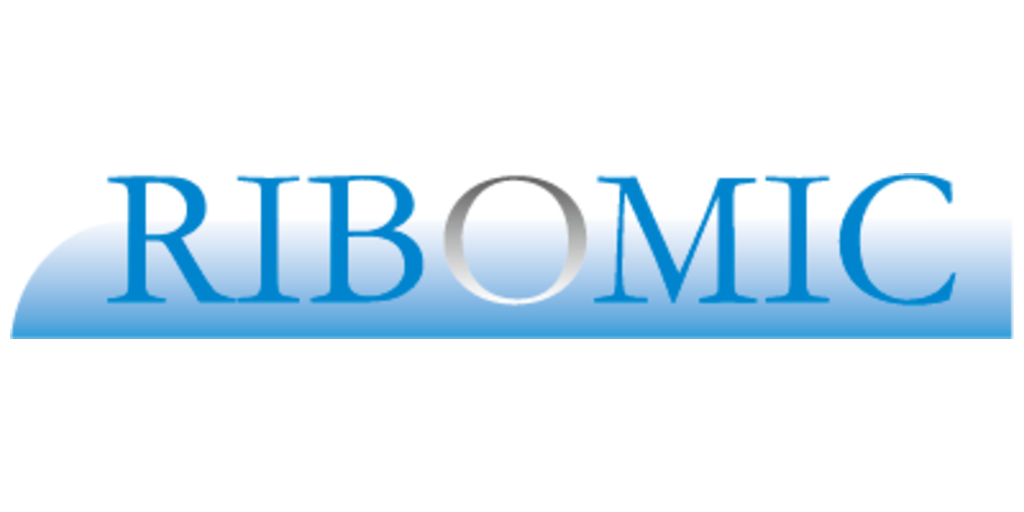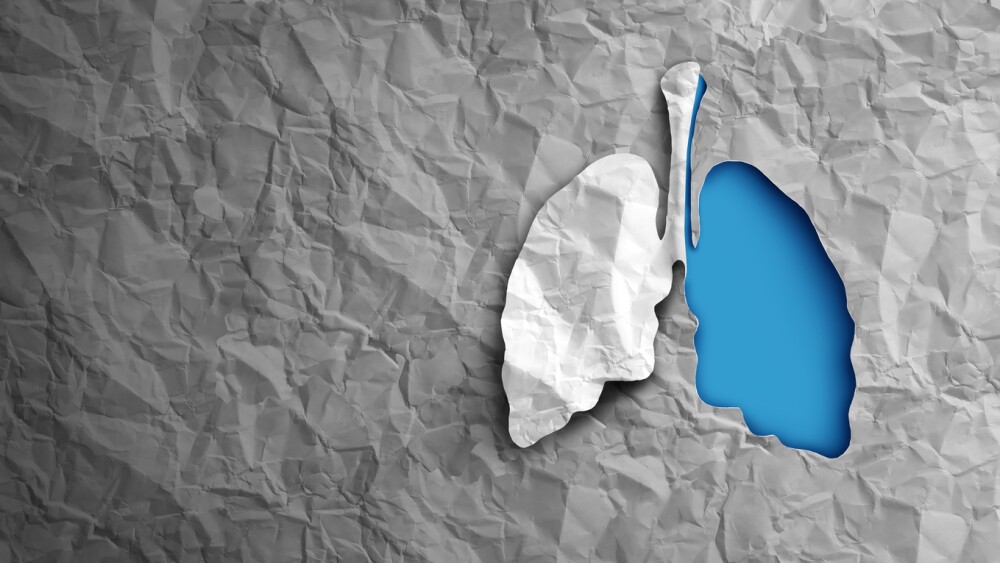TOKYO--(BUSINESS WIRE)--RIBOMIC, Inc. (TOKYO:4591), a clinical-stage pharmaceutical company specializing in aptamer therapeutics, has been conducting a Phase IIa clinical trial of umedaptanib pegol (anti-FGF2 aptamer) in pediatric patients (5-14 years old) with achondroplasia (ACH), and today announces that the administration of the low-dose (0.3 mg/kg) subcutaneous injection (once a week) group (cohort 1Note 1) has been completed and demonstrated a positive impact of the test drug on the patient growth rate.
In cohort 1, six subjects completed the study, and of the five subjects excluding one subject who withdrew from the study due to interrupting medication, the height growth rate increased by +4.6 cm, +3.3 cm/year compared to before the administration of the test drug (observational study Note 2) in two subjects. These results show that the test drug has a significant therapeutic effect compared to the average height growth rate of +1.7 cm/year for Voxzogo® (vosoritide, manufactured by BioMarin, administered subcutaneously daily)Note 3, which is currently approved as an ACH treatment. Three patients were unresponsive to the test drug at the low dose.
Five of these subjects have been moved on to a long-term low-dose (0.3 mg/kg) administration study, and the efficacy and safety of the test drug will continue to be evaluated. In addition, enrollment of seven patients has been completed for the high-dose (0.6 mg/kg) subcutaneous administration (once every two weeks) study (cohort 2Note 4), and administration has started in four of these patients. The results of cohort 2 study are expected to be announced in September 2025.
There have been no safety concerns in the ongoing Phase IIa clinical trials, including this case.
The fact that a significant increase in growth rate was confirmed in two out of five patients after low-dose, once-weekly subcutaneous administration is a good news for pediatric patients with ACH, as it provides a new treatment option for ACH. We are considering further increasing the dose and extending the dosing interval to establish an even better treatment regimen.
There are no changes to the full-year earnings forecast for the fiscal year ending March 2025, which was revised on August 9, 2024.
Note 1 | In this study group, low-dose (0.3 mg/kg) subcutaneous injections are administered once every two weeks for eight weeks (a total of four times), and after confirming safety and tolerability, the administration interval is changed to once a week for 26 weeks (a total of 34 weeks of administration). | |
| Note 2 | The aim of this study is to obtain clinical baseline data, including height growth, in pediatric patients with ACH, and to compare this data with that obtained in the ongoing Phase IIa clinical trial, in order to evaluate the efficacy and safety of the drug, and to select appropriate subjects for the Phase IIa clinical trial (observation period: 26 weeks in total). |
| Note 3 | |
| Note 4 | In this group, the high dose (0.6 mg/kg) is administered subcutaneously once every four weeks for eight weeks (a total of two times), and after confirming safety and tolerability, the dosing interval is changed to once every two weeks and the drug is administered for 26 weeks (a total of 34 weeks). |
Please see the following for a summary of Phase IIa study in Japan.
Phase IIa observational study: https://trialsearch.who.int/Trial2.aspx?TrialID=JPRN-jRCT2031220113
Phase IIa clinical study: https://trialsearch.who.int/Trial2.aspx?TrialID=JPRN-jRCT2031220291
Phase IIa extension study: https://trialsearch.who.int/Trial2.aspx?TrialID=JPRN-jRCT2031220338
ABOUT umedaptanib pegol
umedaptanib pegol is a novel oligonucleotide-based aptamer formerly designated RBM-007, with potent anti-FGF2 (fibroblast growth factor 2) activity and is expected to be a fundamental treatment that directly targets the pathogenic mechanism of achondroplasia.
The drug has demonstrated clinical POC in exudative age-related macular degeneration.
ABOUT Achondroplasia
Achondroplasia is disease in which a genetic mutation of the fibroblast growth factor receptor type 3 (FGFR3) causes FGFR3 to be activated, resulting in an excessive influx of FGF signals that inhibit the normal growth of cartilage and other tissues, causing short stature with limb shortening and other symptoms. It is a rare disease with an incidence of 1 in 25,000 newborns and is considered intractable. The development of effective new drugs is required.
ABOUT RIBOMIC
RIBOMIC is a clinical-stage biopharmaceutical company specializing in the discovery and development of aptamer therapeutics, a type of nucleic acid medicine with great potential for the development of next-generation drugs. The RiboART system, the company’s core drug discovery platform, can be used to discovery many types of aptamer drugs. RIBOMIC is dedicated to the discovery and development of drugs targeting the broad field of unmet medical needs, which includes eye disease, rare childhood disease of short stature, and many other diseases.
Please visit the RIBOMIC website for more information.
https://www.ribomic.com/eng/
Forward-Looking Statements This announcement contains forward-looking statements relating to current plans, estimates, strategies, belief and the future performance of Company. These statements are based on Company’s current expectations in light of the information and assumptions currently available so that Company does not promise the realization and these expectations may differ materially from those discussed in the forward-looking statements. These factors include, but not limited to, i) changes in general economic conditions and in laws and regulations, relating to pharmaceutical markets, ii) currency exchange rate fluctuations, iii) claims and concerns on the product safety and efficacy, iv) completion and News Release discontinuation of clinical trials, v) infringement of Company’s intellectual property rights by third parties.
Information on pharmaceutical products (including products currently in development), which is included in this press release is not intended to constitute an advertisement or medical advice.
“RIBOMIC,” “RiboART system” and the RIBOMIC logo are registered trademarks or trademarks of RIBOMIC Inc. in various jurisdictions.
Contacts
Contacts for inquiries or additional information:
RIBOMIC Inc.
ir.inquiry@ribomic.com






